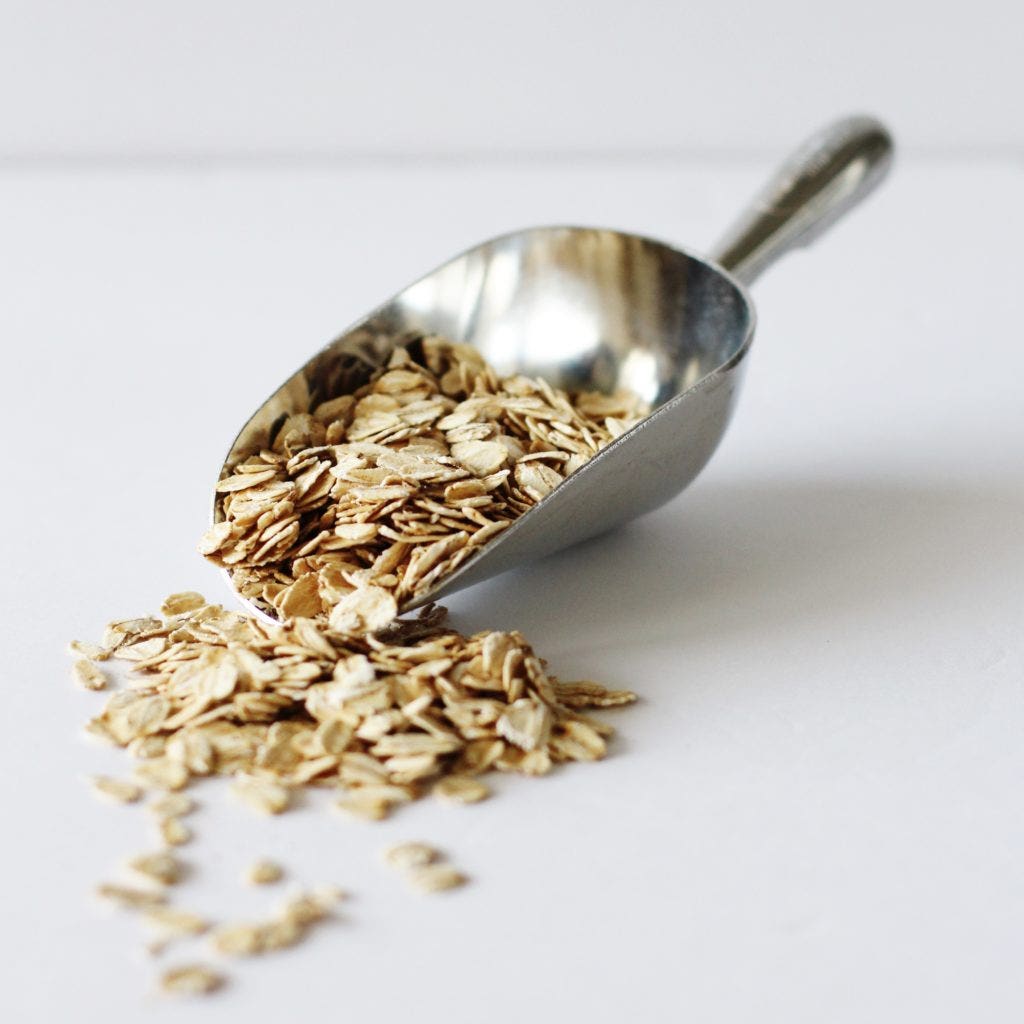Bugs. You’re filled with them. Yep, that’s right, you have more bacterial cells in and on your body than human cells… ten times more in fact! (Bacterial cells are simple and much smaller than complex human cells, just in case your brain hurt when you read that). Though this may all gross you out, the reality is that we NEED these bugs.
Bacteria have gotten a bad rap over the years, which has led to a fearful over-sanitized bunch of humans and a whole host of health consequences. A healthy microbiome (the name for the microorganisms in a given environment, i.e.: the human body) is critical in supporting a strong immune system and digestive tract and may even help achieve weight loss and protect against developing allergies. In fact, the gut is frequently referred to as our ‘second brain’ due to the fact that it has as many neurons connected to it as the spinal cord!


What is the best way to feed your gut?
Because our microbiota can alter quickly in response to a change in our diet or environment, it’s important that we treat this as a life-long way of living and eating versus a fad (temporary) diet. In order for us to benefit from the improved gut health that comes with eating better foods for our microbiome, we need to make better choices consistently (i.e.: every day – or at least most days).
Our gut bacteria need to be fed, and their favourite food is carbohydrates (yes, the ‘evil’ carb, but read on!). What happens if they don’t get these carbs? Either they die OR they turn to your gut lining (responsible for protecting your gut) to get the food. Crazy but true!
Now, before you go reaching for a cinnamon bun, we need to talk about what types of carbohydrates these bugs really need.
What are the best types of carbohydrates?
A specific type of carbohydrate, complex fermentable starches, are the ones we (and they) need to eat. These carbs ferment to produce something called short-chain fatty acids, which are made when the healthy gut bacteria ferment fibre in your colon and are the main source of energy for the cells lining your colon. Short-chain fatty acids have anti-inflammatory and anti-cancer properties and might play a key role in the prevention and treatment of metabolic syndrome, bowel disorders, and certain types of cancer.

What else can I do to improve my gut health?
- Eat a fibre-rich diet. Eat a variety of different complex carbohydrates (i.e.: different fruits, vegetables, legumes, whole grains and fermented dairy products) throughout your day, week and month to help feed the various bacteria in your gut and foster diversity in your gut microbiome. Aim for 25-35 grams of fibre a day (you may need to do this gradually, depending on how much fibre you are already eating and how comfortably your body adjusts to the extra fibre). Load your diet with plant-based foods and whole grains like barley and oats. Beans and legumes are fibre rich as are nuts and seeds (walnuts, flax seeds, etc).
- Start young. Studies show that having a baby via a vaginal delivery is the best way to help your baby get a strong start towards a healthy gut by exposing him or her to the mom’s bacteria during the delivery process (our guts start off as ‘clean’, so this initial exposure helps babies develop their own healthy bacteria or ‘starter microbes’ from birth). Breastfeeding is another way to encourage a healthy infant gut: breastmilk is a microbiota superfood! Clearly, this isn’t something you can impact for yourself if you’re reading this ;).
- Expose yourself to different environments. Literally expose yourself to a variety of environments, including animal/pet exposure (children raised on farms are less likely to have allergies) and gardens (what a great way to connect with your children and teach them about food!). Travel around where possible to expose your gut to new ‘friends’.
- Limit antibiotics unless necessary. Antibiotics discriminate to varying degrees between good and bad bacteria (depending on the spectrum), producing collateral damage in their wake. There is a time and a place for antibiotic use, which should be reserved for when they are truly needed. Talk to your physician about any concerns you may have.
- Rest up and chill out. A lack of sleep and too much stress both have negative impacts on your gut flora. Just another reason among the heaps of others to catch your zz’s!

